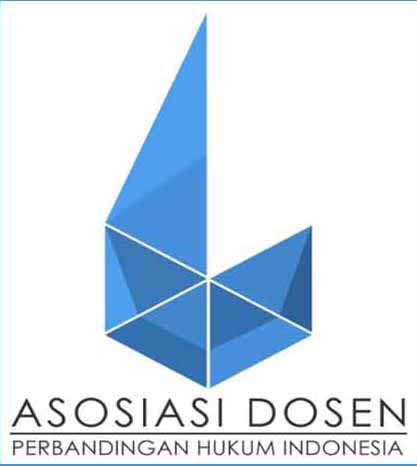TRANSBOUNDARY HAZE POLLUTION IN THE PERSPECTIVE OF INTERNATIONAL LAW OF STATE RESPONSIBILITY
Abstract
In recent decades the Southeast Asia Countries have been affected by haze pollution which is caused by human activities in burning land/forest for plantation and/or agriculture. Indonesia is one of the major sources of the haze pollution in the region. The pollution does not stop at national borders only, but also causing transboundary pollution to the neighboring countries such as Malaysia and Singapore. As a reaction of this environmental crisis, ASEAN Agreement on transboundary Haze Pollution was signed. The Agreement recognizes that transboundary haze pollution which resulted from land and/or forest fires should be mitigated through concerted national efforts and international cooperation. As of June 2013, all the ASEAN countries, except Indonesia, have ratified the agreement. However Indonesia hopes to ratify the haze agreement by 2015. The study is normative legal reserach with Statute Approach and Case Approach. By using the qualitative descriptive method, this study will discribe the ransboundary haze pollution in details which could be seen in some international laws concerning law of state responsibility as for Draft Articles on State Responsibility and 1997 ASEAN Agreement on Transboundary Haze Pollution. The result shows that Indonesia needs to do the action, not onlyin term of how to combat the forest fires with the deployment of personnel from ASEAN, but also preventing issue of it, namely by making the rule of law which effectively penalize the forest burning. Most of these problems can be overcome only if Indonesia ratified the ASEAN Agreement on Transboundary Haze Pollution.
Keywords
Transboundary Haze Pollution; State Responsibility; International Law; ASEAN; ASEAN Agreement on Transboundary Haze Pollution
Full Text:
PDFDOI: https://doi.org/10.18196/jmh.v21i2.1185
Refbacks
- There are currently no refbacks.
Copyright (c) 2016 Jurnal Media Hukum
JMH Visitor






















